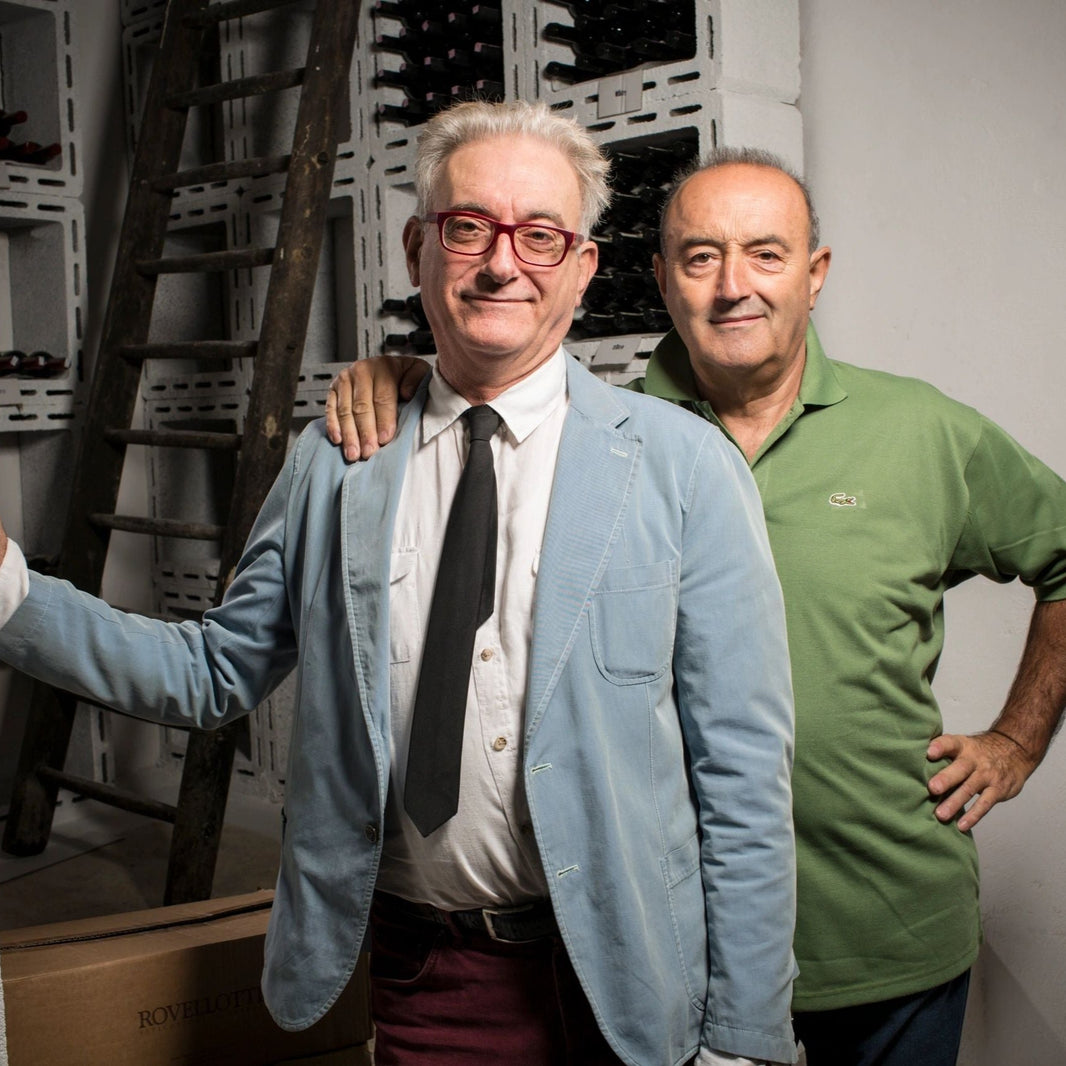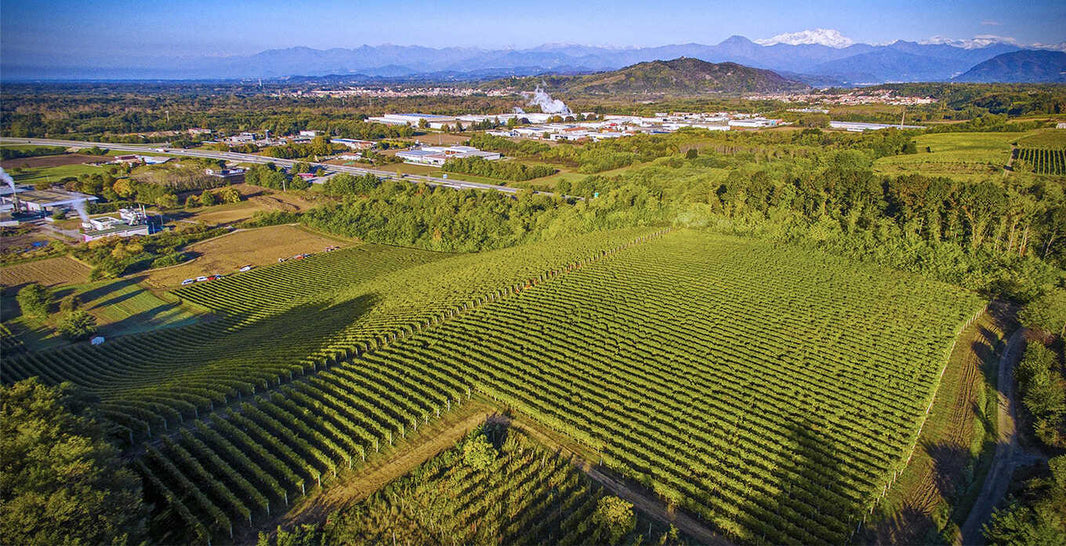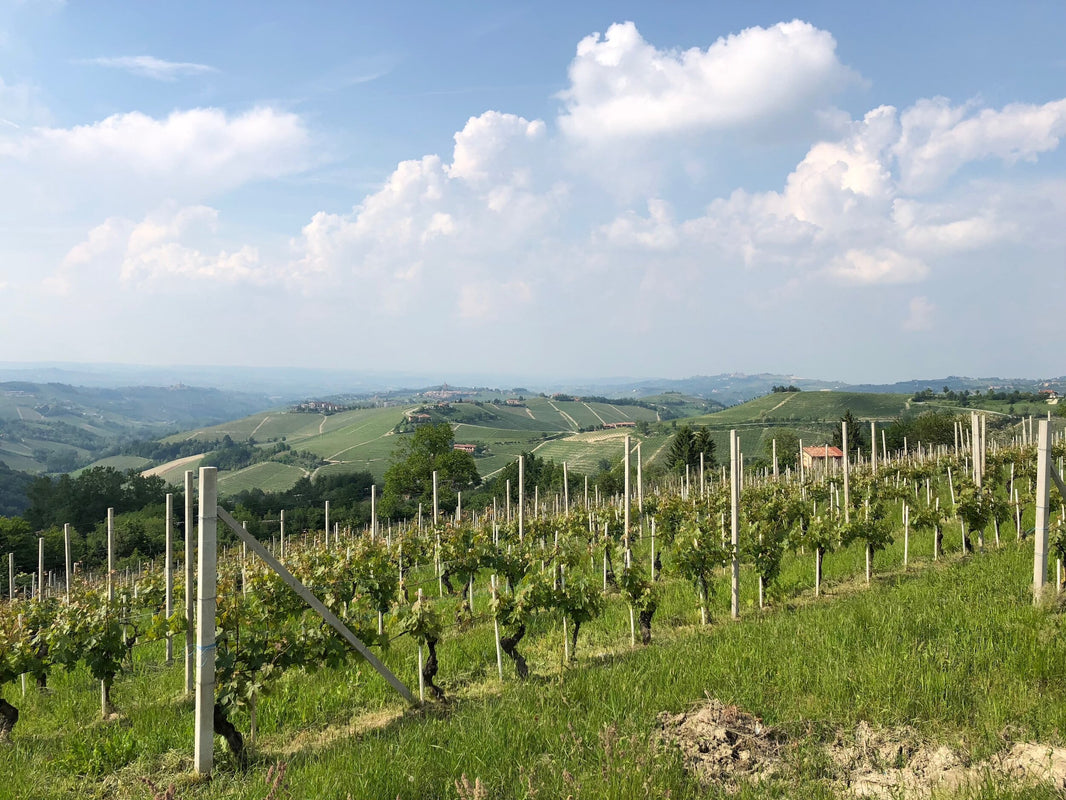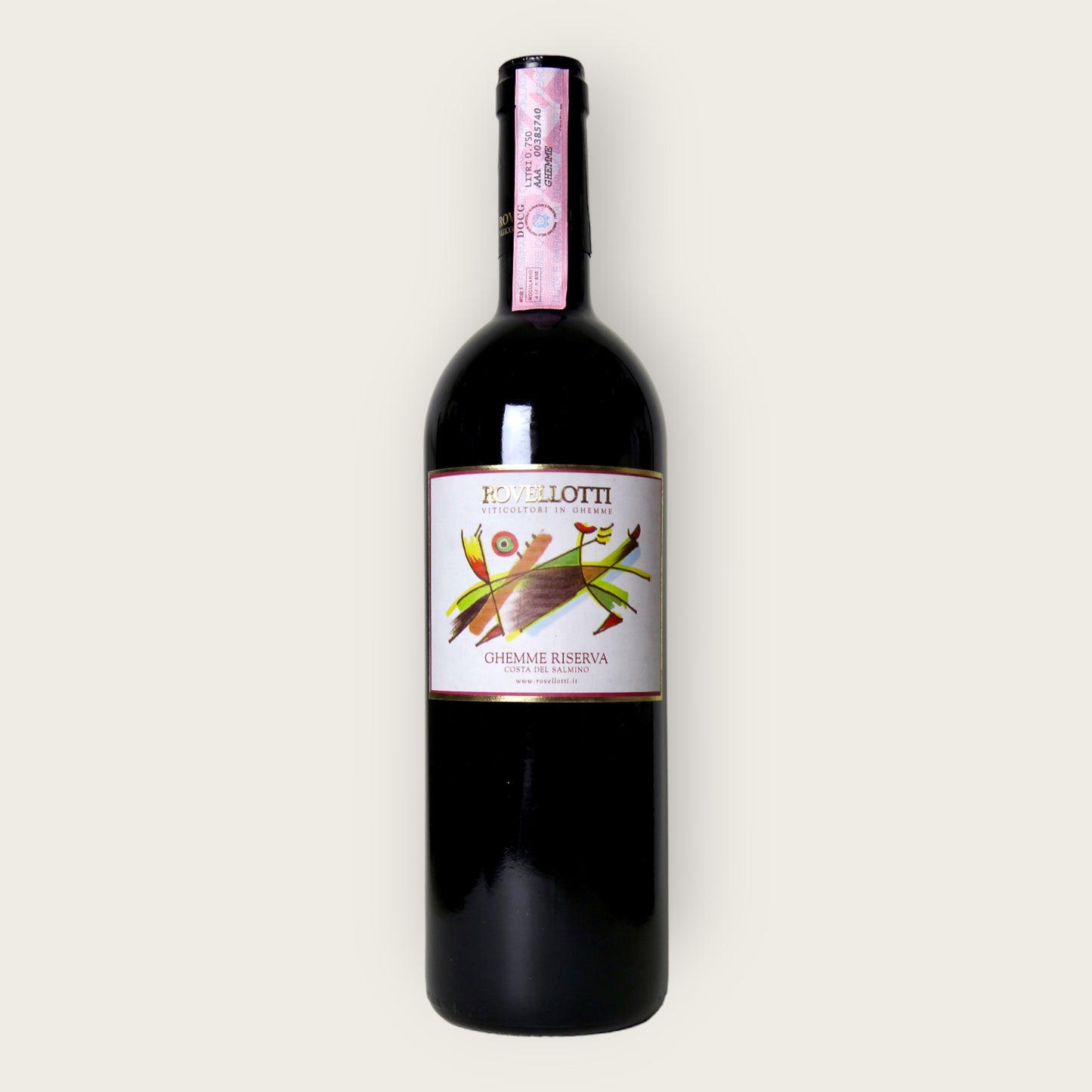Stay up-to-date with the latest news, exclusive promotions, and exciting events by subscribing to our newsletter! Sign up now and receive a 10% discount on your first purchase. Don't miss out on this great opportunity to stay connected with us and get access to special offers!
Chioso dei Pomi Ghemme DOCG - 2017
- Tax included.
Classic expression of Ghemme showing enhanced complexity and remarkable minerality, surrounded by a beautiful bouquet of flowers and fruit. The character of the wine is in constant development in the first 10 years after bottling, but can easily reach 20 years of cellaring.
Rovellotti Winery is a family business for more than 600 years located in Ghemme in the Piemonte region. The family has always respected the tradition of the area, and throughout the years has become a benchmark producer for the wines produced in the appellation. The winery works with the traditional grapes of the area, such as Nebbiolo (locally called Spanna) and other minor grapes. The wines from Ghemme have a distinct character compared to the rest of the region thanks to the special clay-based, acidic, and rich in minerals soil.
Medium-concentrate garnet. Raspberry, cranberry, dry roses, dry leaves, dry mushroom, and baking spices. Strong palate, austere with a long savory finish. Fermentation occurs in stainless steel vat, and aging is carried out in a large wooden barrel for 36 months.
Grape Variety:
Alcohol: 14.0%
Serving Termperature °C: 12-14°C
Ageing Potential: 10-15 years
Terroir: Alto Piemonte

Rovellotti

Alto Piemonte

Piemonte


